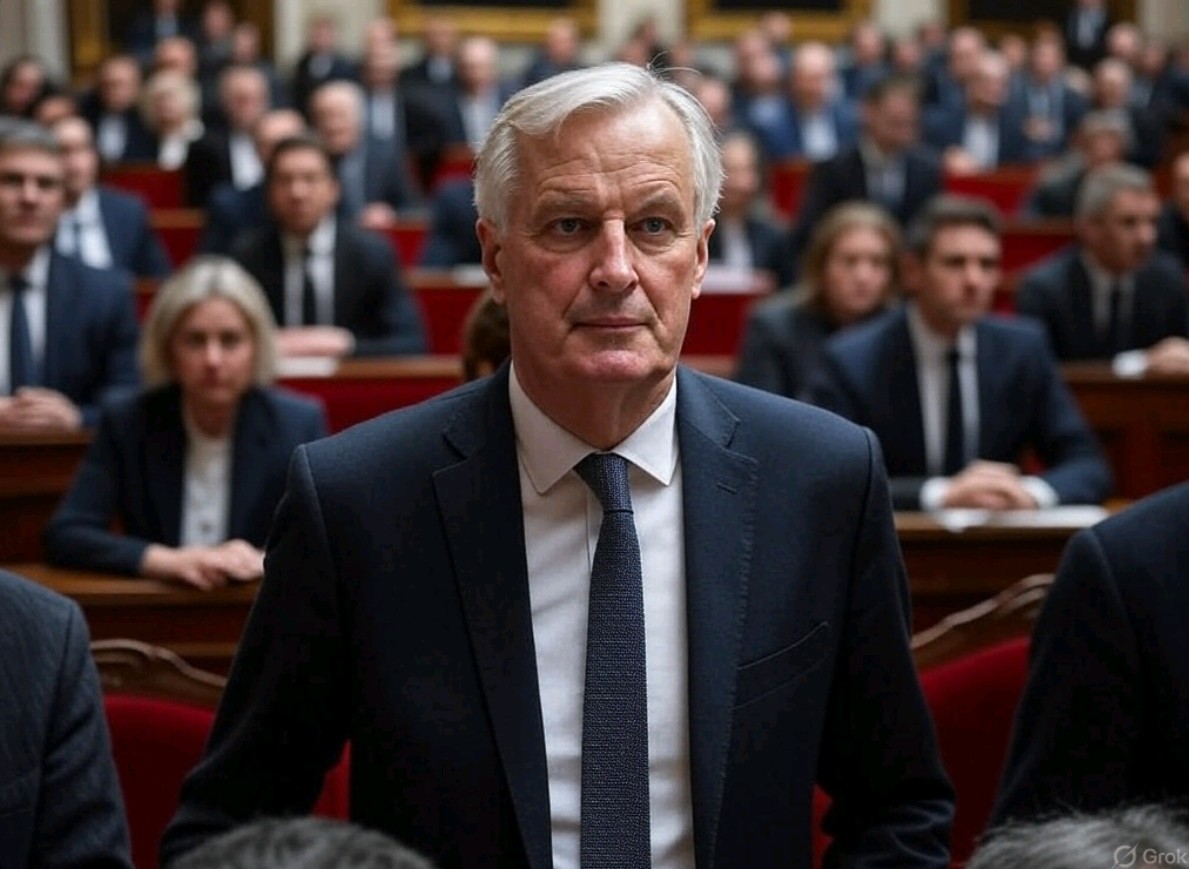On May 1, 2025, the French government, led by Prime Minister Michel Barnier, successfully withstood a no-confidence vote in the National Assembly, securing its position despite ongoing political and economic challenges. The motion, initiated by the left-wing New Popular Front coalition, received 197 votes, falling short of the 289 needed to topple the government. This vote was triggered by Barnier’s decision to push through a contentious 2025 budget using special constitutional powers, bypassing parliamentary approval. The budget includes €60 billion in spending cuts and tax hikes aimed at reducing France’s public deficit from 6% of GDP to 5% by next year, with a long-term goal of 3% by 2029. Barnier’s coalition, holding 170 seats, relied on tacit support from the far-right National Rally, which holds 124 seats, to survive the vote. The outcome stabilizes the government temporarily, allowing it to advance its fiscal agenda, though political divisions remain stark. Public sector strikes and protests continue, with unions planning further action in May to oppose the austerity measures. This marks the second no-confidence vote Barnier’s government has faced since its formation in September 2024, highlighting France’s fragmented political landscape. (34news)

